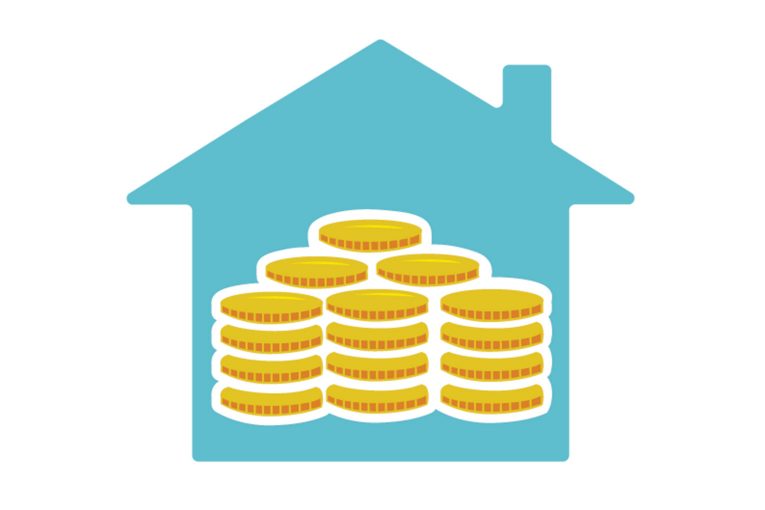UK house prices climbed for a third successive month in August, with the Halifax House Price Index showing a 0.3% rise.
The increase adds £932 to the average property value, taking it to a new high of £299,331.
Annual growth eased back slightly to 2.2% from 2.5% in July, but Halifax said the broader picture was one of stability. Since January, the average price has risen by less than £600 despite persistent economic pressures.
Amanda Bryden, head of mortgages at Halifax, said: “Affordability remains a challenge, but there are signs of improvement. Interest rates have been on a gradual downward path for nearly two years, and many of the most competitive fixed-rate mortgage deals now offer rates below 4%.”
She added that strong wage growth had outpaced house price inflation for nearly three years, giving more buyers the confidence to proceed.
The lender also highlighted an improvement for first-time buyers, with the average price of a starter home falling 0.6% since May to £237,577. On a 95% loan-to-value mortgage over 30 years, monthly repayments would be around £1,179 compared with average private rent of £1,343.
NATIONS & REGIONS
Northern Ireland once again recorded the strongest annual growth, with prices up 8.1% to £217,082, though this was down from 9.3% the previous month. Scotland followed with a 4.9% increase to £215,594. Wales saw slower growth at 1.6%, with an average price of £227,786.
In England, a North–South divide persisted. The North East, North West and Yorkshire & the Humber all reported growth above 4%, while the South West became the first UK region in over a year to record an annual decline, with prices falling 0.8%. London remained the most expensive market, edging up 0.8% to £541,615.

Industry reaction reflected both cautious optimism and ongoing concerns. Tomer Aboody, director of MT Finance, said: “Lower mortgage rates, combined with sellers pricing more sensibly even though the national average house price is at a record high, is encouraging buyers to transact and take advantage of finding themselves in a reasonably strong position.
“However, the constant uncertainty of ‘what next?’ from the Chancellor is not helping the market.”
Nathan Emerson, chief executive of Propertymark, noted that activity levels were healthier than last year but warned that policy uncertainty could stall momentum. “With the number of listings, sales agreed, and stock levels higher than this time last year, and with some banks offering specific help to first-time buyers to take their first step onto the housing ladder, this is a sign that the housing market is holding firm,” he said.
“However, the latest announcements from the UK Government about reforming Stamp Duty and charging landlords with National Insurance contributions ahead of the next Budget will continue to add further uncertainty for many potential buyers and sellers.”
Halifax expects prices to continue edging higher through the remainder of the year, supported by improving affordability and resilient demand, though at a slower pace than in previous housing cycles.





